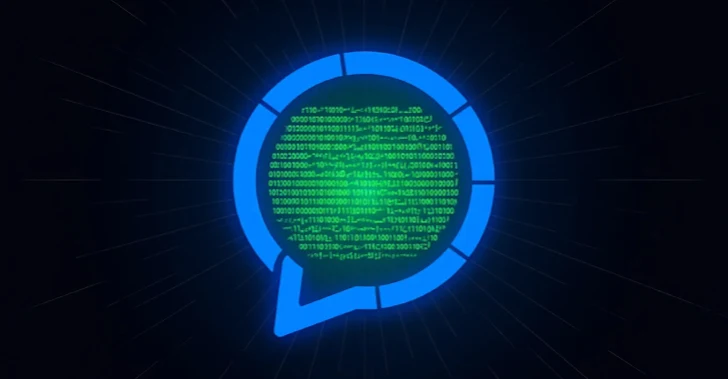Cybersecurity researchers have developed and released a free decryption tool for the FunkSec ransomware, a malicious strain that leveraged artificial intelligence (AI) to enhance its operations. This ransomware campaign, active between December 2024 and March 2025, targeted 113 victims before being declared defunct. In response, security firm Avast has made their decryptor publicly available, offering relief to affected organizations.
Emergence and Evolution of FunkSec Ransomware
FunkSec first appeared on underground leak sites in early December 2024. Initially, the malware focused on data exfiltration, stealing sensitive information from compromised systems. By the end of the month, it had evolved to include file encryption capabilities, significantly increasing its threat level.
A notable aspect of FunkSec was its incorporation of AI assistance in approximately 20% of its operations. This included the creation of sophisticated phishing templates and attack tools, enabling the ransomware to execute more effective and targeted attacks. Despite these advancements, the malware exhibited several implementation flaws. Many samples failed to execute properly, often due to dependencies on external resources. For instance, the ransomware attempted to download desktop wallpaper images from external Imgur links, a process that frequently led to operational failures.
Technical Implementation and Encryption Mechanism
Developed in the Rust programming language, FunkSec utilized the orion-rs library version 0.17.7 for its encryption operations. It employed the robust Chacha20 cipher combined with the Poly1305 Message Authentication Code for data integrity verification. The encryption process operated on 128-byte blocks, with each encrypted block receiving an additional 48 bytes of metadata. This resulted in encrypted files becoming approximately 37% larger than their original size. This block-based approach ensured granular encryption while maintaining cryptographic integrity through hash-based verification of encryption keys, nonces, and block lengths.
Upon execution, FunkSec systematically terminated numerous processes and services, including browsers, media players, and system utilities, before encrypting files across all local drives. The malware appended the distinctive “.funksec” extension to encrypted files and dropped ransom notes named “README-{random}.md” in each affected directory, establishing clear indicators of compromise for incident response teams.
Impact and Response
Despite its technical shortcomings, FunkSec managed to compromise over a hundred organizations during its four-month active period. The successful development of Avast’s free decryptor marks a significant victory against this AI-enhanced threat, providing affected organizations with a pathway to recover their encrypted data without paying ransom demands.



